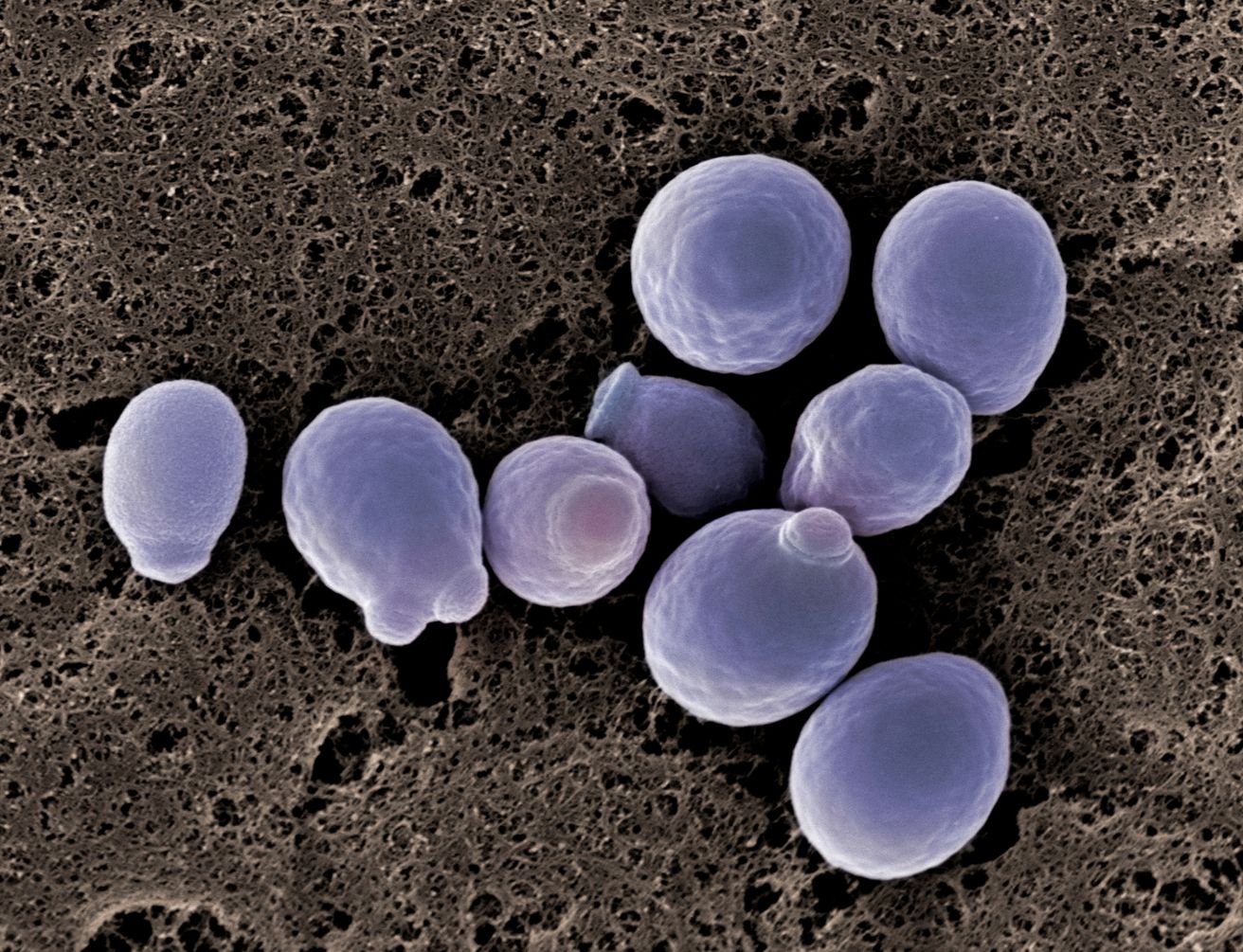
Understanding Candida Albicans
Candida Albicans is a type of yeast that naturally occurs in the human body, typically found in the gastrointestinal tract, skin, and genital areas. It is usually harmless and kept under control by the immune system and other microorganisms in the body. However, overgrowth of Candida Albicans can cause infections and health problems, especially in people with weakened immune systems or those who take antibiotics, which can disrupt the natural balance of microorganisms in the body. Symptoms of Candida Albicans overgrowth can include fatigue, digestive issues, skin rashes, and recurrent yeast infections.
Certain conditions allow it to change form:
Some of the symptoms:
- Bloating
- Flatulence
- Thrush
- Depression
- Palpitations
- Weight Gain
- Bowel Problems
- Lack of energy
- Poor immunity
Who Can Get Candida?
Anyone of any age can get Candida. It is reportedly 8 times more common in women than men, aggravated by certain contraception methods,
Triggers:
- Stress/ adrenal exhaustion
- Antibiotics
- Contraceptive pill
- Diets high in sugar
- Environmental and chemical overload
- Excess alcohol
- Hormone replacement therapy
- Poor liver function
Self Help: The Body Can’t Cope With The Overload
- Avoid all sugar and sugary foods
- Don’t use artificial sweeteners
- Get into food combing habit
- Drink more water
- Cut out Cows milk
- Avoid yeast drinks and foods
- Eat the freshest possible foods
- Wash fresh fruit
- Check labels for additives




